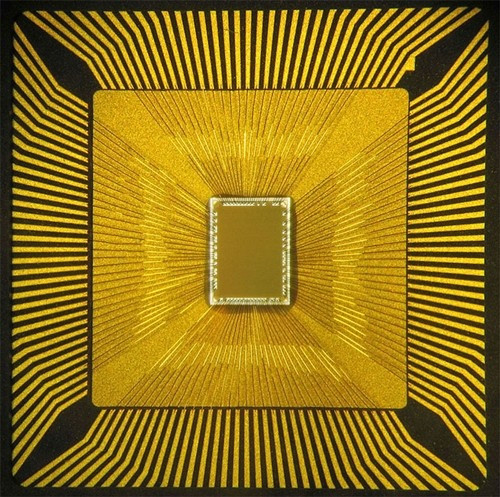Chip Stocks Ease After Industry Group Confirms Recovery Gaining

Chip stocks eased Tuesday after the Semiconductor Industry Association published data showing sales increased for the three months ended in February.
The Philadelphia Semiconductor Index of leading chip stocks fell to 431.50, down 1.6 percent, on Tuesday. For the year so far, though, it's gained 18.4 percent and 11 percent the past 52 weeks.
The industry compilation confirms a recovery in world demand for chips, which should translate into higher revenues for the global leaders headed by Intel (Nasdaq: INTC), Texas Instruments (NYSE: TXN), Freescale Semiconductor (NYSE: FSL) and non-U.S. giants such as STMicroelectronics (NYSE: STM) and Taiwan Semiconductor Manufacturing (NYSE: TSM).
As well, investors have already seen bullish signals that chip demand is growing as automakers, among the biggest consumers of semiconductors, and developers of smartphones like Apple (Nasdaq: AAPL) report continued strong demand for new products. China Tuesday reported the number of mobile phone users exceeded 1 billion.
In January, the Consumer Electronics Association forecast total sales would pass the $1 trillion mark for the first time.
Apple on its own is the world's No. 1 semiconductor customer. It has never made any chips and now is among the biggest customers of one its biggest rivals, Samsung Electronics (Pink: SSNLF).
February's global sales of chips were $21.7 billion, a 1 percent monthly gain, but actual units shipped rose 6 percent above January's total.
The improvements indicate the semiconductor industry's recovery has likely begun, said Betsy Van Hees, of Wedbush Morgan Securities. The SIA had previously estimated global chip sales will exceed $302.7 billion for the year.
© Copyright IBTimes 2025. All rights reserved.






















